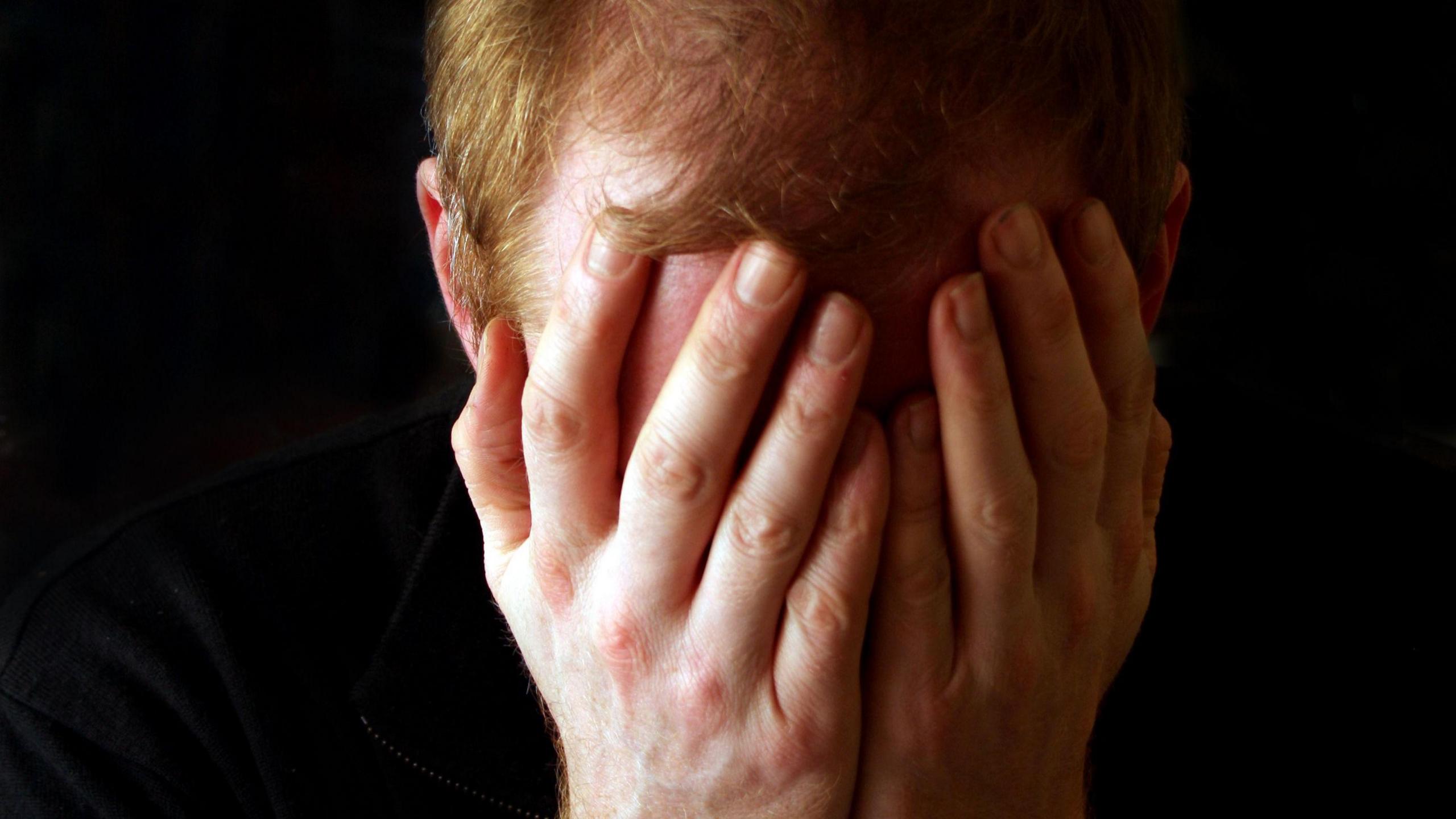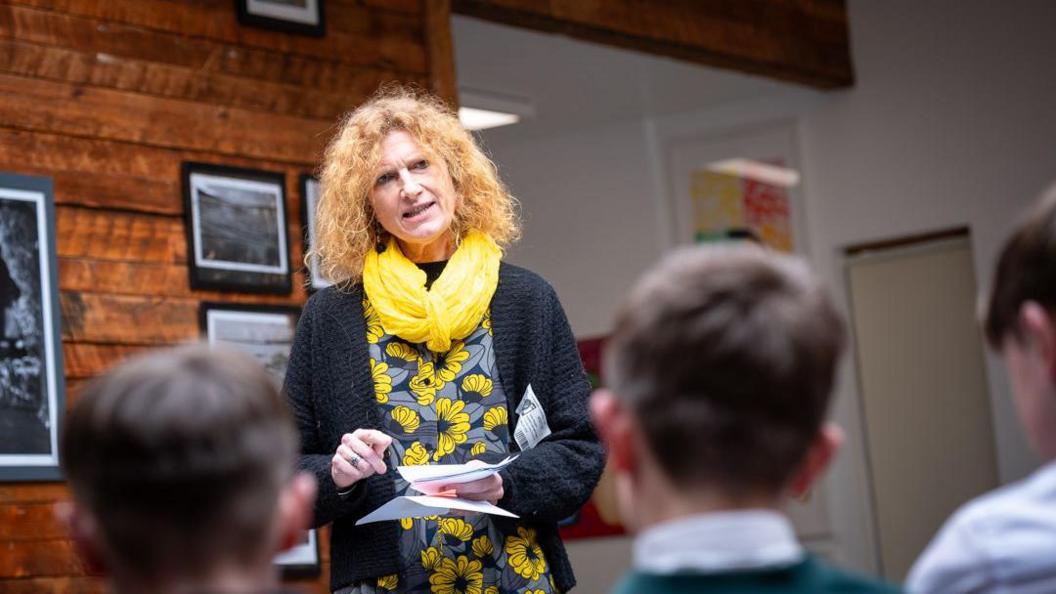Research into county's high suicide rate

People in the Cumberland Council area have been invited to fill out an online survey (stock image)
- Published
Work has started to understand why parts of Cumbria have one of the highest rates of suicide in the country.
The Cumberland Council area saw the second highest rate of death by suicide registered in England and Wales, according to the Office for National Statistics (ONS).
Researchers from Liverpool John Moores University will speak to adults who have had suicidal thoughts or who have lost loved ones to suicide, with hopes it will lead to better mental health support.
Kate Bainbridge, from Penrith, whose son Ben died in 2014, welcomed the study, adding: "We live in a rural area; isolation and loneliness have got to be playing a part in this, and also it's a huge stigma."
In the council area, 133 people died by suicide between January 2021 and December 2023, according to the ONS.
Labour-led Cumberland Council commissioned the research, with funding for the project coming from the Nuclear Decommissioning Authority.
The online survey, external is available to anyone over 18 who lives in the area.
'We don't talk about it'
The research will explore residents' exposure to suicide, if and how it has affected their lives and, if they have considered suicide, why this was, the council said.
It added researchers hoped to understand what could or would have helped them to make different choices.
Ms Bainbridge co-founded Every Life Matters, a suicide prevention charity in Cumbria.
She said helping people to talk about suicidal thoughts, would encourage more people to ask for support, adding: "We still don't talk about it, do we?"
Colin Cox, director of public health and communities, said suicide rates were "far too high" in the area.
"By better understanding the situation in Cumberland, we can start to make a difference for people and help them get the support they need," he said.
Support is also being offered in the Westmorland and Furness Council area, which also has a higher than average suicide rate.
The council area with the highest rate of death by suicide is Darlington in Teesside, according to ONS figures.
If you've been affected by the issues in this story, help and support is available via the BBC Action Line
Follow BBC Cumbria on X, external, Facebook, external, Nextdoor and Instagram, external. Send your story ideas to northeastandcumbria@bbc.co.uk
- Published6 October 2024

- Published12 August 2024
